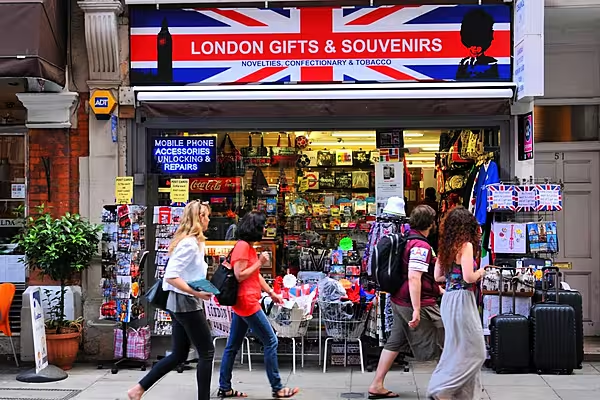Shop price inflation in the UK accelerated to 0.8% in May from 0.4% in April, the latest data from BRC-Nielsen Shop Price Index has revealed.
This is higher than the 12 and six-month average price increases of 0.2% and 0.6%, respectively.
Helen Dickinson OBE, chief executive of the British Retail Consortium, said, “Rising costs associated with currency depreciation, stockpiling, minimum wage and the Apprenticeship Levy have all put upward pressure on prices for a while, and it now appears that retailers cannot absorb them any longer."
"Unless the Government addresses future cost rises, including spiralling business rates, we may see larger price rises in the future," she added.
Non-Food Prices
Non-food prices increased by 0.2% in May when compared with April of this year, when prices decreased by 0.6%.
Price adjustments in furniture and the health and beauty segment, after a couple of years of deep discounting, are believed to be among the reasons behind the acceleration.
Head of retailer and business insight at Nielsen, Mike Watkins, commented, "Inflation has returned to nonfood but consumers remain cautious and there is intense competition on the high street. With non-food retailers facing uncertain levels of demand, price discounting could quickly return if demand weakens over the next few months."
Food Inflation
Food inflation continued to decelerate in May to 1.8% from 2.2% in April.
This is above the 12-month average price increase of 1.7%, but below the 6-month average price increase of 1.9%, according to the report.
"[While] there are still cost price increases coming through the supply chain, food inflation remains lower than CPI and supermarkets continue to offer price reductions, in particular on seasonal food and drink," Watkins added.
Inflation in the ambient food sector slowed to 2.1% in May from 3.2% in April.
© 2019 European Supermarket Magazine – your source for the latest retail news. Article by Dayeeta Das. Click subscribe to sign up to ESM: European Supermarket Magazine.











